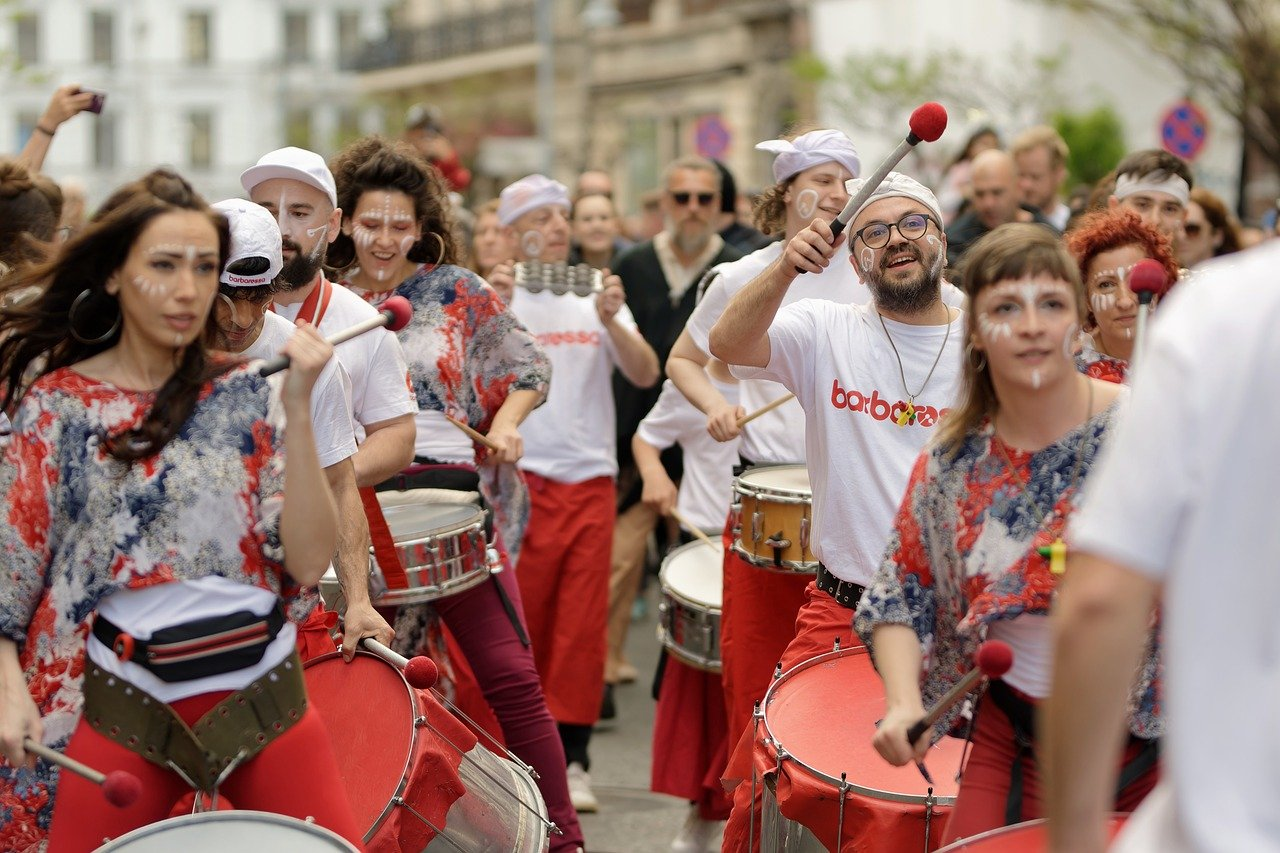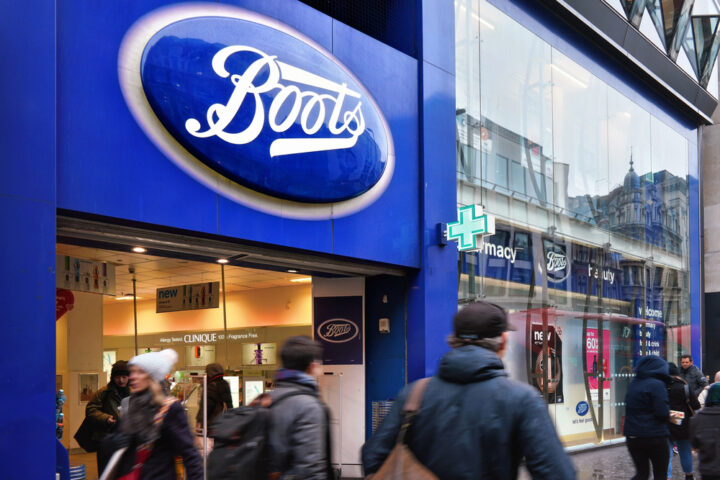Major events and festivals are essential drivers of tourism, community engagement, and economic growth. From iconic horse racing meets and food fairs to seasonal festivals, these events bring visitors and opportunities to towns and cities, benefiting the hospitality, retail, and entertainment industries. This article explores how events in the Midlands region play a vital role in supporting businesses, stimulating local economies, and embracing modern trends like digital innovation and mobile-friendly services.
The Economic Impact of Local Events
Events have a ripple effect on regional economies, impacting various sectors like accommodation, dining, transportation, and retail. According to studies, festivals and large-scale gatherings can increase local spending significantly during the event period.
For example:
- Horse Racing Festivals: Venues such as Warwick and Stratford Racecourses draw thousands of visitors per meet. These events boost nearby hotels, B&Bs, pubs, and restaurants as racegoers travel from neighbouring cities or beyond to enjoy the event.
- Seasonal Markets and Food Fairs: Events like Christmas markets and food festivals encourage tourism and spending on local produce, artisanal goods, and crafts. Visitors often extend their stay, supporting local businesses over several days.
- Cultural Festivals: Music, arts, and heritage festivals attract a diverse audience, encouraging greater use of public transport, shopping centres, and leisure services.
Small businesses, in particular, benefit from these surges in footfall. Increased demand often leads to growth opportunities, helping local entrepreneurs establish long-term visibility in their communities.
Spotlight on Popular Midlands Events
The Midlands is home to a range of events that not only celebrate local culture but also foster economic vitality:
- Horse Racing Meets
- Warwick Racecourse, known for its jump racing events, attracts both seasoned fans and casual visitors. Events like these bring visitors into the heart of the Midlands, driving significant economic activity.
- Stratford Racecourse provides similar opportunities, with racegoers supporting nearby restaurants, shops, and transport hubs.
- Food and Drink FestivalsFestivals such as the Shrewsbury Food Festival and the Lichfield Food Festival showcase regional produce and local culinary talent. These events offer small food vendors, craft breweries, and local artisans an opportunity to connect with thousands of visitors.
- Seasonal and Cultural Events
- Christmas Markets in towns like Birmingham and Nottingham attract international visitors, generating millions for the economy.
- Music festivals and heritage events, such as the Moseley Folk & Arts Festival or the annual historical reenactments at Warwick Castle, add cultural richness and economic incentives to local communities.
These events not only offer entertainment but also create an ecosystem that supports jobs, tourism, and local innovation.
The Digital Shift: Modern Entertainment and Convenience
With technological advancements shaping consumer habits, digital services have become integral to tourism and entertainment. Visitors attending events increasingly use mobile apps and platforms for everything from booking tickets to exploring local attractions.
For downtime or quick entertainment during travel, modern leisure options like mobile slots provide convenient ways for individuals to enjoy digital gaming experiences. Mobile-friendly games and apps appeal to tech-savvy tourists, allowing them to stay engaged while on the go—whether they’re waiting for a train, relaxing at their accommodation, or enjoying a quiet moment between festival events.
This trend highlights the growing connection between technology, tourism, and modern entertainment preferences, as businesses adapt to meet the needs of today’s connected audiences.
Business Opportunities for Local Entrepreneurs
Major events serve as platforms for local businesses to thrive. Small enterprises—whether they’re food vendors, craft sellers, or independent service providers—can capitalize on increased foot traffic during festivals and events. Some of the key ways events support local entrepreneurs include:
- Increased Exposure: Festivals allow small businesses to showcase their products and build new customer relationships.
- Pop-Up Opportunities: Temporary stalls and mobile businesses (e.g., food trucks or artisan pop-ups) enable entrepreneurs to participate without significant overhead costs.
- Community Collaboration: Events encourage partnerships between local suppliers, service providers, and venue organizers, strengthening community ties.
For example, a local craft brewery might see a significant uptick in sales after participating in a beer festival, or an independent retailer might gain long-term customers after attracting attention at a seasonal market.
Additionally, the tourism boost brought by events benefits hotels, taxi services, and local attractions, further expanding economic opportunities across the region.
Sustaining Growth: Blending Tradition and Technology
For events to remain successful and continue benefiting local economies, organizers and businesses are increasingly integrating modern trends. Mobile apps for ticketing, social media promotions, and the use of digital payment systems make events more accessible and user-friendly.
Similarly, tourists often blend traditional experiences—like attending horse racing festivals or food fairs—with modern entertainment options, such as exploring digital gaming platforms or enjoying quick, portable entertainment like mobile slots. By embracing both heritage and innovation, businesses can ensure events appeal to a broad audience while remaining sustainable in the digital age.
Major events and festivals play a crucial role in regional tourism and economic growth. They bring people together, provide entertainment, and create valuable opportunities for businesses to thrive. From iconic horse racing meets and food festivals to seasonal markets, these events support small enterprises, encourage tourism, and showcase the cultural richness of the region.
As businesses and event organizers embrace modern trends—like digital accessibility and mobile-friendly services—they ensure that these experiences remain relevant and enjoyable for visitors from near and far. Combining tradition with technology allows local economies to flourish while delivering memorable experiences for all who attend.







